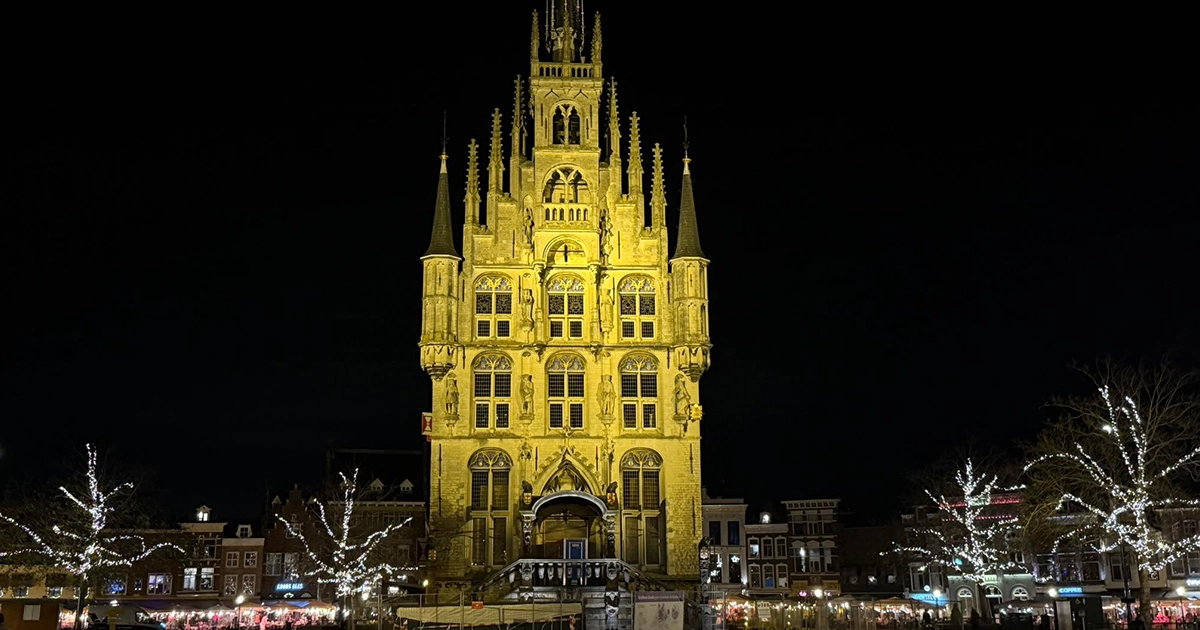Sometimes I reread the phrases that come from press rooms and pulpits and wonder whether we are still speaking about the same war, the same Ukraine, and the same Gospel. When a representative of the White House can say, in polite diplomatic language, that “Russians fought and died for these territories, so they must belong to Russia,” the logic is terrifyingly familiar.
It is the old theology of might-makes-right, dressed up as “Christian realism,” asking us to recognize robbery as peace and surrender as discernment. It is not simply a statement about Ukraine; it is a blueprint for a new world and security system in which borders are drawn by missiles, blood, and destruction, and human lives become bargaining chips on someone’s geopolitical “Christian” chessboard.
The Whisper of the Serpent
What unsettles me even more is how many so-called evangelicals hear such sentences and do not recognize the whisper of the Serpent in them. They treat Ukraine as a “political question,” something too complex, too distant, too contaminated by “both-sides rhetoric” to be named clearly as a moral issue instead.
They refuse to admit that if it becomes normal to reward an aggressor for killing and occupying, then no country, no church, and no child is safe anywhere. The war is not only about our soil; it is also about the definition of good and evil for the next generations—if we care about them, about our children.
When Post-Truth Becomes a Liturgy
This is where “post-truth” stops being a philosophical category and becomes part of a triumphalist liturgy. We begin to repeat phrases such as “traditional Christian values,” but slowly the content shifts. Instead of the crucified and risen God, we begin to proclaim “order,” “stability,” “family values,” “civilization,” even “Orthodox civilization” or “Christian civilization” as the highest good.
The Gospel is quietly replaced by a civil, imperialistic religion that blesses empires, excuses autocrats, and treats human bodies—anyone under the bombs—as expendable material for someone’s vision of greatness. The words are Christian… but the heart is pagan.
In that sense, post-truth does not mean that people believe nothing. It means they choose whichever “truth” is convenient for their ethnic or evangelical tribe. On some level, they know that children in Ternopil and Kharkiv are not “NATO assets,” that mass graves around Kyiv, Kherson, and Kharkiv are not “Western propaganda,” that deported Ukrainian children are not “rescued orphans.”
But admitting this would tear their carefully constructed “Christian worldview” apart. So they shift the boundaries: sin becomes “complex geopolitics,” injustice becomes “tragic necessity,” complicity becomes “neutrality,” and cowardice becomes “discernment.” The lie is not only spoken—it is justified in the name of Christ.
Those Who Allow Reality to Wound Them
The real difference, then, is not simply between those with the “right” position and those with the “wrong” one. It is between those who allow reality to wound them and those who refuse to be wounded.
To look at the phenomenon of Ukraine truthfully today means accepting that our theological systems, evangelical denominations, and mission strategies may be implicated in violence they did not intend but quietly tolerated. It means letting the images of bombed apartments, amputated limbs, dead bodies, massive funerals, and destroyed churches rewrite our prayers, budgets, and sermons.
It means saying: this is not primarily about East vs. West or left vs. right; this is about the value of a single human life in the eyes of the Church—not only in the eyes of the Crucified God.
A Spiritual X-Ray of Conservative Evangelicalism
This is why the war has become a spiritual x-ray for conservative evangelicals. Those who recognize truth in a post-truth world often pay for it with growing loneliness, lost funding, awkward invitations, and broken alliances.
Those who follow propaganda and dehumanizing narratives are rewarded with offices, platforms, conferences, and the warm feeling of being on “the right side of Christian history”—without ever sitting with a grieving Ukrainian mother, widow, or orphan.
The Costly Choice Before Evangelicals
The choice before conservative evangelicals is brutally simple and painfully costly:
Either we continue exchanging the Gospel for a safer, more “Christian traditional” idol that blesses whatever “Christian empire” pays our bills,
or
we return to the crucified God who stands with the bombed, the displaced, and the betrayed.
In a world where truth is negotiable and human lives are expendable, when an evangelical says, “This is evil, and these lives matter,” it is already an act of resistance—already a small sacrament of the Kingdom that no Kremlin, no White House, and no counterfeit “Christian values” can finally control.
Peace be with you,
and keep your children away from war.
